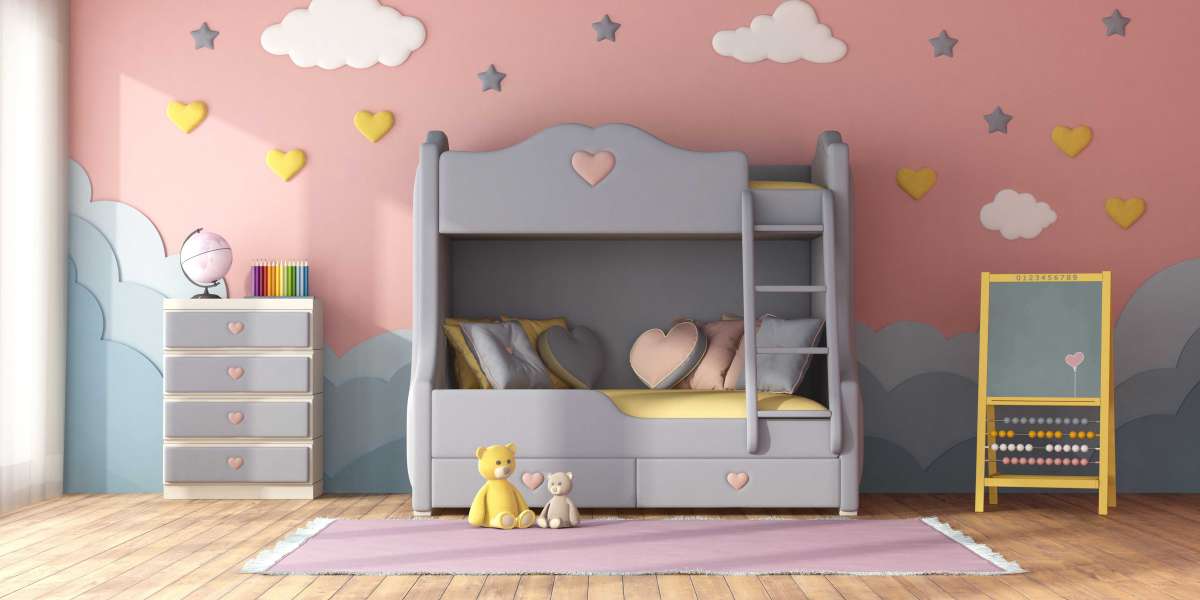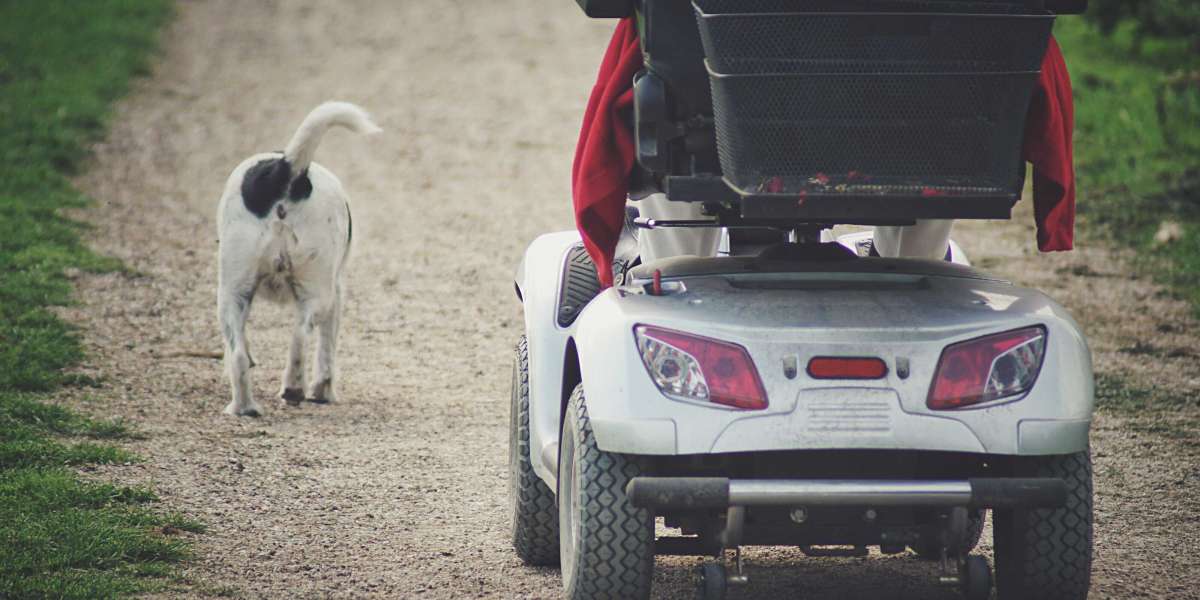How to Shop Bunk Bed Furniture
Bunk beds can be great furniture choices for children's rooms. There are a variety of styles to choose from, ranging from staircase bunks to desks with attached.
Selecting the best bunk bed can be a tough task. It is essential to find a bed that both you and your child love. It is also crucial to select the appropriate style, construction and size.
Picking the Right Bunk Bed
There are a lot of bunk beds to pick from, but you must be sure to choose the best one for your child. When deciding on the best bunk beds for your child, it is important to consider the height of the bed and the size of the room.
The bunk bed you choose is one that is comfortable for your child. It should be safe and have plenty of storage. It should have a mattress that is appropriate for the needs and age of your child.
Choosing the right bunk bed can be a challenge however, it's crucial to consider the way your child will use it and what features they'd like. Consider adding a trundle to provide extra sleeping space or drawers to store items.
You should also consider the kind of material the bunk bed is constructed of. A majority of bunk bed frames are made of wood, but some are constructed from metal too. This is a great option for your child's room but it may not be as sturdy as wood.
Bunk beds are an excellent method to allow children to have their own space in their bedroom, and are often decorated to match their personality. The privacy of your child's bedroom will help them feel more at ease in their room and allow them a chance to express their individuality.
Whether you're designing a new home or updating an existing one the bunk bed is a practical and affordable sleeping solution for your family. It can be utilized in guest rooms as well as a kid's bedroom or an outdoor cabin or holiday home.
Stairs and Ladders
Bunk beds come in a variety of shapes, styles and configurations. It is crucial to pick the right bunk bed for your lifestyle and style and your child's requirements.
For instance, you might think about a full over twin bed or a full over full bunk bed that has stairs that double as storage space. These beds are stylish and can help save a lot of room.
Stairs are more likely to be safer than ladders, particularly for younger children. They have wider steps, and a solid railing that protects your child as they climb. There are also grooves that help prevent slippage.
A bunk bed with stairs is a safe comfortable and practical option for your children. It also saves space in the room and can be paired with a variety designs.
If you opt for a bunk bed that has ladders, make sure that the ladders are long enough and not too narrow. You can also put an extra cushion on the ladder to make it more comfortable.
Ladders may be easier to climb for children younger than however they can be more difficult for older children. Ladders are also more expensive than stairways, so you must decide whether you're able and willing to invest the extra cash.
Your child should be taught how to use the bunk bed safely after it is assembled. When climbing, it's important to use both hands and face the stairs or ladder. It is also important to supervise your child while they are using the bunk bed.
Age of the child
The age of your child is a crucial aspect to consider when choosing the best bunk bed. When making a decision on whether or not to purchase a bunk bed you should consider your child's safety, comfort and sleeping habits.
In general it is recommended that children be at least six years of age to be able to sleep on the top bunk. This is due to the fact that children are more likely to able climb up and down a ladder or remain on the bed at night.
It is important to take into account the maturity level of your child and their comfort level with heights. If your child is scared of heights, you may want to consider bunk beds with a lower bunk.
Also, think about the available floor space in your bedroom. Make sure the top and bottom bunks meet the ceiling. You must leave at least 30 inches (2.5 feet) or at the very least 2.5 feet, between the ceiling and the bed to ensure that your child doesn't hit their head against the roof or the top bunk when they sit up.
You should also look for bunk beds that have additional safety features. A lot of bunk beds have guard rails on the sides that prevent children from falling off the top bunk or becoming trapped in the bottom bunk.
Floor Space
Bunk beds are an excellent solution to reduce space regardless of whether you have a child or two. They provide kids with more space to move in their bedroom and let them have a desk, a play space or other furniture.
Bunk beds can be built up to three inches high, and typically come in different configurations to suit your needs. Certain designs are made to accommodate guests, whereas others feature a built-in desk with storage underneath.
If you're looking to conserve space on your floor, choose the bunk bed that fits horizontally instead of vertically. This might not be feasible in all situations, but it could be a great start in your search.
When selecting the best bunk beds, it is crucial to take into consideration the height of your ceiling. The standard height of ceilings is between 8' and 9.' You can find loft beds and bunk beds that have lower heights that can be able to fit into smaller spaces.
You must consider the characteristics of the bunk bed and how they work in your bedroom. It is important to ensure that the top bunk is fitted with a ladder and guard rails, and the bottom bunk is equipped with drawers under the bed. You should consider the ways your child uses the beds - do they sleep in the top bunk for the majority of the time? Or will they need a desk with storage beneath the bottom bed?
Style
Bunk beds are available in various designs and can be adapted to fit the bedroom of your child. They are also an excellent way to make space for the floor space in your child's bedroom, especially if you have a limited space.
There are a variety of bunk beds, ranging from standard or basic models to lofts with desks. You can even find bunk beds that are built-in bookcases or drawers, if you're looking for more storage.
The top bunk beds are built with high-quality wood as well as a sturdy frame and comfortable mattresses. Mattresses that are 5 or 6 inches thick are the best for bunk beds. This will allow for the rails of guarding above the mattress to be easily visible thus increasing the safety.
When purchasing bunk beds be sure to look for security features such as an extended or short guard rail frames that attach to the bed's upper. This will keep your children from accidentally rolling off the bed in their sleep.
Some bunk beds also feature a ladder with a shorter length that can be attached to the upper and lower rails. This ladder type allows your child to access drawers under the bed and climbs up and down without getting in their way.
You can also choose from a wide variety of mattresses to make sure your child is comfortable and has the support they require. There are a variety of options on the market. You can pick from hybrid foam to latex. You can also purchase bunk beds that have a slide to provide your child with a memorable experience when they awake.
Safety
When buying a bunk bed it is essential to think about the safety aspect. The safety features in a bunk bed like guard rails and ladders, are designed to avoid injuries or accidents that result from falling, entrapment, or structural failure.
A guardrail should be installed on all four sides of the top bunk. This will prevent children from falling from the top bunk and hurting themselves.
The space between the guardrails and the sides of the bed should be no more than 3 1/2 inches in width. This will stop your child from falling under the bed when they are sleeping.
You should also ensure that the guardrails are 16cm higher than the mattress to stop your child from rolling out of the bed. The mattresses on the lower and upper bunks should be able to fit comfortably across all four sides of the bed and should not be any deeper than 15cm.
If you're in the market for a bunk bed, be sure that it meets the stringent standards established by your country's security commission. These regulations are applicable to all aspects of bunk bed construction and design - with a special concentration on gaps and spaces, which can be easy for tiny legs, arms and heads to get caught in.







